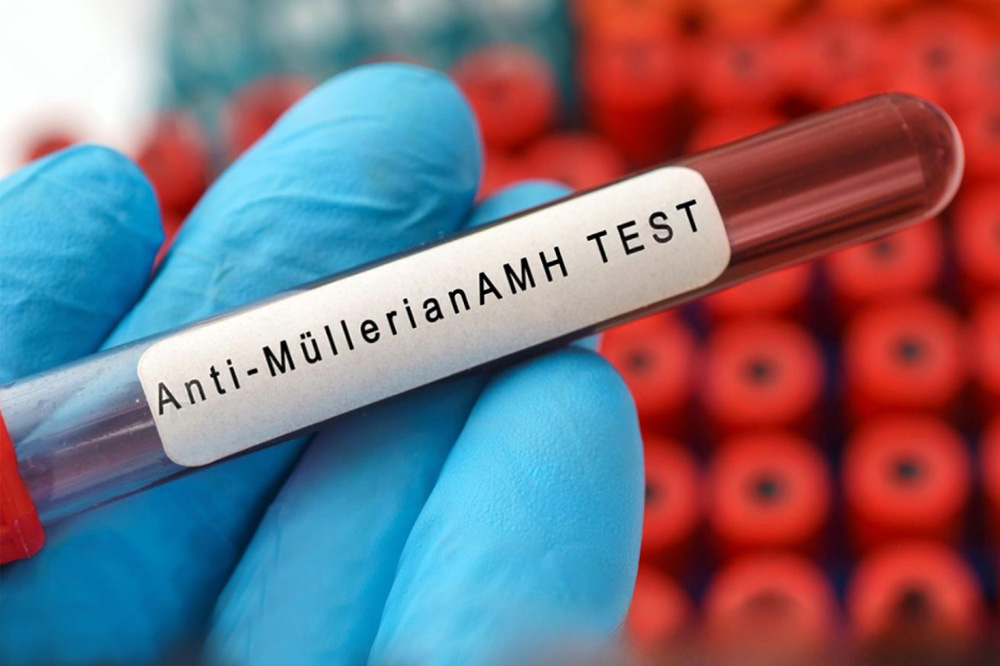Understanding AMH
What does AMH mean for women's fertility?
Anti-Müllerian Hormone (AMH) is a crucial hormone in the field of reproductive health. It is regarded as an indicator of a woman’s ovarian reserve. Very simply it refers to her egg count. With growing awareness about infertility, AMH testing has become a common and insightful tool for women planning pregnancy, either naturally or through assisted reproductive technologies like IVF.

What is AMH?
We need to first understand what AMH is. Simply put, it is a hormone produced by the small follicles in a woman’s ovaries. These follicles contain immature eggs, and the level of AMH in the blood gives doctors a good estimate of how many eggs a woman has left.
It is noteworthy that unlike other reproductive hormones that fluctuate throughout the menstrual cycle, AMH levels remain relatively stable, making it a very reliable marker for testing at any time of the month.
Significance of AMH
AMH is extremely useful and crucial in treating infertility as checking AMH levels allows one to assess a woman’s fertility potential. Women are born with a finite number of eggs, and this number naturally declines with age. By measuring AMH, doctors can understand whether a woman's ovarian reserve is typical for her age, lower than expected, or high (as in cases like PCOS).
Low AMH levels are a good indicator of diminished ovarian reserve, suggesting fewer eggs are left. While this doesn’t mean pregnancy is impossible, it may point to the need for timely planning or fertility treatment. High AMH levels, on the other hand, may indicate polycystic ovary syndrome (PCOS), a condition that can affect ovulation but is also manageable with medical guidance.
AMH and Age
Age affects the AMH levels with levels being highest in a woman's early 20s and starting to decline after the age of 30. There’s a more significant drop after the age of 35 and by the time a woman reaches menopause, AMH levels become undetectable. But it is important to keep in mind that AMH does not measure egg quality — only quantity. A woman with low AMH can still conceive naturally if she ovulates regularly and her eggs are healthy.
AMH Test – the process
The AMH test is actually not a complicated one at all – in fact it is a simple blood test. No fasting or special preparation is required, and it can be done at any point in the menstrual cycle. The results are usually available within a few days and are interpreted in the context of age, reproductive history and overall health.
Who should get an AMH Test?
An AMH Test is ideal for women who are curious about their fertility status, those who are planning to delay pregnancy or individuals undergoing fertility treatment. It is also useful for evaluating ovarian function in women with irregular periods or those considering egg freezing.
The advantages of AMH
While it is true that AMH is not the only factor determining fertility, it does provide valuable information that can guide decisions about family planning and fertility preservation. Understanding your AMH levels empowers you to make informed choices and seek timely medical support if needed.